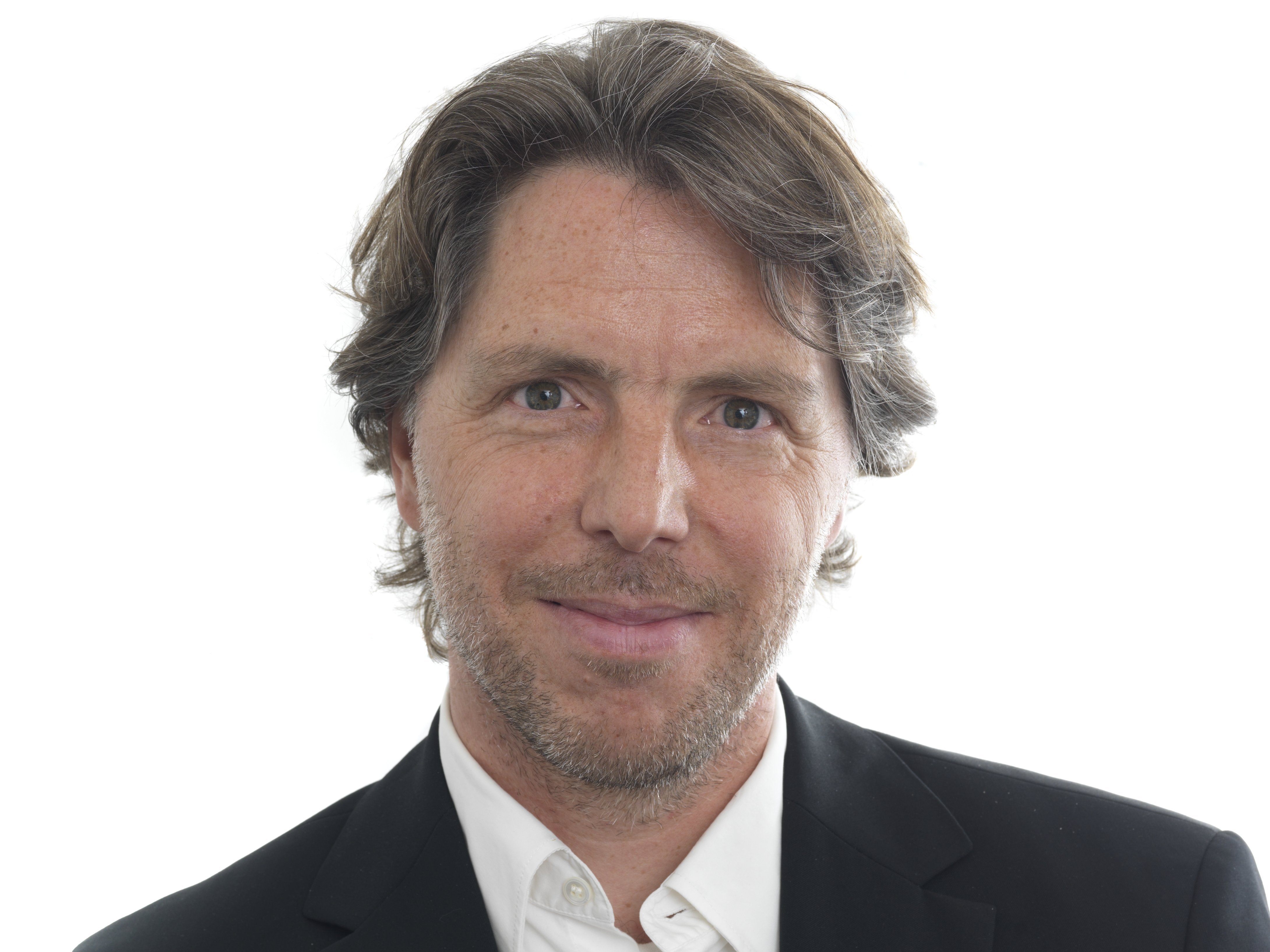Research Area
Normative Economics


The economic mainstream not only functions as a positive but also as a normative science. Its normative principles, together with its epistemological and ontological premises and its model of man, form a stringent and coherent methodological concept and view of society. It can be summarized by the following methodological principles: scientific positivism, subjectivism, fact-value dichotomies, and humans as preference orderings (PSDP-model).
The research focus at the chair of Martin Kolmar is divided into two fields: (1) the analysis and evaluation of the above-mentioned system of thought and (2) the development of an alternative normative model of the economy that avoids the main weaknesses of the mainstream.
The methodological and normative principles underlying mainstream economics appear to be very coherent “from within.” Criticism of individual elements of this system of thought can therefore often be neutralized by reference to the other elements. Thus, the first part of the research project takes stock and evaluates the PSDP-model, analyzes the interaction of its elements and their normative implications. It turns out that each element and the interaction of the elements of the PSDP-model suffers from methodological weaknesses and inconsistencies such that the theory is untenable as a foundation for the normative evaluation of the economy (or society more generally).
(i) If one adheres to the idea that the standard of evaluation in normative economics should be based on individual well-being, the standard preference or utility-function approach has to be replaced has to be replaced by an empirically founded model of man that takes into account the central findings of, for example, evolutionary biology, neuroscience, and psychology with regard to perception, behavior, and well-being. The findings from these fields of research contradict key assumptions of mainstream economics in a way that disqualifies preferences or utility functions as modeled in economics as an end to measure wellbeing. This part of the research project builds on key results of the above-mentioned fields of research to develop an empirically grounded model of human perception, behavior, and wellbeing that can be used as a foundation for normative economics.
(ii) This empirically grounded model of man (EGM) is placed at the center of an alternative normative theory of economics. In philosophical ethics, a complete normative theory is based on three pillars: justification, structure, and implementation. Key structural elements are covered by EGM. Hence, a justification of the basic normative principles and an understanding of the basic economic and societal implications are missing to complete the theory. This part of the research project fills these gaps. It includes exploring how EGM can inform good economic practices and policies, as well as the relationships between individuals, society, and the “environment” more generally.
The emerging model of man has many similarities with virtue-ethical concepts of the good, eudaimonic life that is built on the idea of developing good habits. These ideas were the norm in Western thinking until the modernity and dominate philosophical traditions such as Daoism, Confucianism, Buddhism, Sufism, and the yogic traditions of Hinduism. By viewing these traditions as offering ideas about the good life, one can discern commonalities among them. These commonalities are synthesized into a social theory based on EGM.
This conception of the good life that becomes visible differs substantially from the one mainstream normative economics if focusing on. Hence, many economic policies that appear to be good or optimal from the mainstream point of view cannot be supported from the point of view of EGM. On the contrary, EGM reveals that a lot of conflicts that we are seeing today have their core in an ill-perceived understanding of human wellbeing and flourishing, including our relationship to “nature.”
As previously mentioned, the overall project is divided into several sub-projects. In the first phase, these sub-projects will result in the publication of several books laying the foundations of the theory. In the second phase, the research will continue along two lines. First, articles for scientific journals will explore potential applications f the theory. Second, practical projects will be carried out to apply the theory in practice. The project inspires and is inspired by several courses that are taught at the university like Economics of Happiness, Economics and Ethics, Modern Theories of Justice, and Beyond Homo Economicus: Decision Making and Wellbeing in Economics.

Martin Kolmar is Professor of Economics with a focus on applied microeconomics at the University of St.Gallen and Director of the Institute for Business Ethics. His research focusses on the foundations of normative economics. He builds on neuroscientific, psychological, and evolutionary research to develop a model of perceptio, behavior, and wellbeing that replaces the homo-oeconomicus assumption in mainstream economics. He also publishes journalistically in outlets like DIE ZEIT, FAZ, SPIEGEL, NZZ, etc.